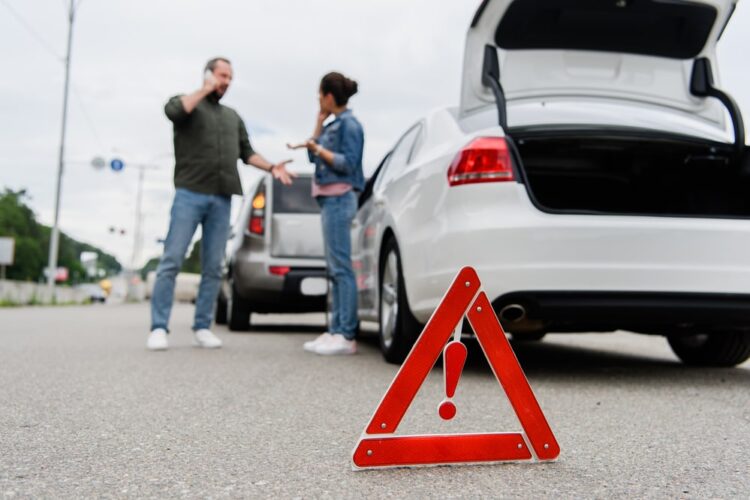December 28, 2023
Experiencing a car accident can be a traumatic and disorienting experience. Knowing the right steps to take immediately after the event can greatly influence the outcome of any legal actions or insurance claims that follow. While each situation is unique, there are general guidelines that can help ensure your safety and protect your rights.
1. Ensure Safety First
The first and foremost priority is to ensure the safety of everyone involved. If possible, move vehicles out of traffic to a safe location. Turn on your hazard lights and set up warning triangles or flares if available. Check on all parties involved for injuries. If there are any serious injuries, do not attempt to move the injured unless there is an immediate danger, like a fire. Call 911 immediately to report the accident and request medical assistance if needed.
2. Gather Information
Once you’ve ensured everyone’s safety, it’s important to gather as much information as possible. Exchange names, contact information, insurance details, and vehicle information with the other driver. If there are witnesses, politely ask for their contact information as well. It’s also beneficial to take photos of the accident scene, including all vehicles involved, any visible injuries, and road conditions. These details can be crucial for insurance claims and potential legal proceedings.
3. Report The Accident
In many states, you’re required to report a car accident to the police, especially if it involves significant property damage, injuries, or fatalities. A police report can be invaluable as it provides an official record of the accident’s details. Be factual in your account of the incident and avoid admitting fault or blaming others.
4. Seek Medical Attention
Even if you feel fine, it’s wise to seek medical attention after a car accident. Some injuries, like whiplash, may not be immediately apparent. A thorough medical examination will ensure that any hidden injuries are identified and treated early. This step is also important for legal and insurance purposes, as it provides a record of any injuries sustained due to the accident.
5. Notify Your Insurance Company
Report the accident to your insurance company as soon as possible. Provide them with all the information you’ve gathered. Be honest and detailed with your account, but avoid admitting fault or speculating about the accident. Your insurance company will guide you through their claims process.
6. Consult A Legal Professional
After dealing with the immediate aftermath of a car accident, it’s advisable to consult a legal professional, especially if the accident resulted in significant property damage, injuries, or if the fault is contested. Attorneys can attest to the complexities of car accident cases. Your qualified car accident lawyer can help protect your rights, guide you through the legal process, and ensure that you receive fair compensation for any damages or injuries.
7. Stay Calm And Collected
Throughout this process, it’s important to stay calm and collected. The aftermath of a car accident can be overwhelming, but taking these steps can help ensure your safety, protect your rights, and facilitate a smoother recovery process.
By following these guidelines, you can navigate the aftermath of a car accident more effectively. Remember, your safety and well-being are paramount. With the right approach and professional guidance, you can handle this challenging situation with confidence and clarity.

